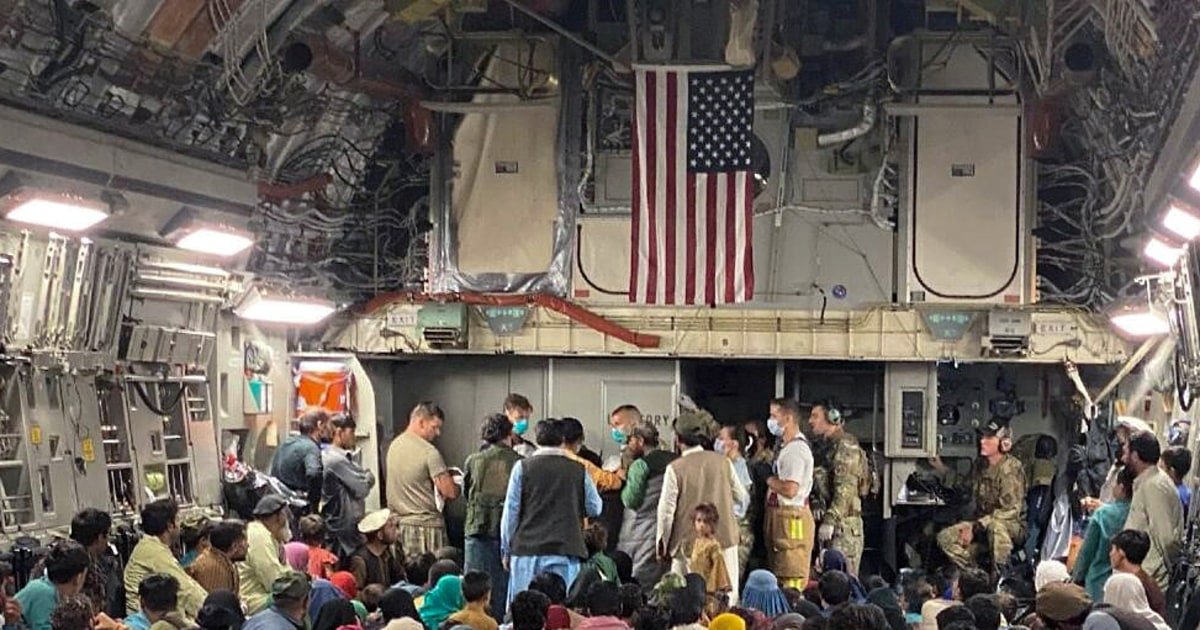Now Reading: Trump’s plan to deport Afghan refugees is a national disgrace
-
01
Trump’s plan to deport Afghan refugees is a national disgrace
Trump’s plan to deport Afghan refugees is a national disgrace

Content Summary
The recent United Nations report on human rights in Afghanistan paints a grim picture of life under Taliban rule, citing egregious acts such as flogging individuals for various “crimes,” restrictions on healthcare for women, and the abduction and interrogation of minority groups like the Ismaili community. These human rights abuses highlight the severe repercussions for those who oppose or fail to conform to the Taliban’s strict interpretation of Islam. Such conditions raise significant concerns about the safety of thousands of Afghans currently residing in the United States.
The Biden administration plans to terminate Temporary Protected Status (TPS) for Afghans, which could expose over 9,000 individuals to deportation. Despite claims from officials like DHS Secretary Kristi Noem that the security situation in Afghanistan has improved, this assertion seems contradictory when considering the country’s dire economic state, with a per capita GDP of $415. The abrupt cessation of foreign aid and the freezing of billions in Afghan assets continue to exacerbate the crisis, making the notion of returning to a “stabilized” Afghanistan appear ridiculous and dangerous.
Reprisal killings against former Afghan National Security Forces and government officials persist, further exacerbated by arbitrary arrests and torture. The experiences of those who served alongside U.S. forces indicate that anyone identified as having been in the U.S. is now at heightened risk of persecution. Organizations like AfghanEvac highlight that these returning Afghans would be stepping into an environment of extreme danger, contradicting the assertions made by the Department of Homeland Security.
The treatment of Afghan refugees contrasts starkly with the reception of other immigrant groups, particularly the recent acceptance of white South African refugees claiming racial persecution. This juxtaposition raises questions about systemic biases within immigration policy, as narratives of the Afghans facing potential torture and execution are overlooked in favor of politically advantageous narratives surrounding South African immigrants. The differential treatment underscores a troubling inconsistency in the administration’s immigration policies.
The actions of the Trump administration, particularly in reducing pathways for Afghans while accommodating other groups, reveal a deep moral failing. The Afghans who allied with U.S. forces and sought refuge in America deserve protection, not forced deportation to a regime known for its brutality. Recognizing the obligations owed to these individuals—who relied on American promises of safety—is imperative, as abandoning them to their fate would be an act of profound injustice.
Source: www.msnbc.com













